Supreme Court East Timor
The Supreme Court of East Timor (also known as Timor-Leste) is the highest judicial authority in the country, responsible for overseeing the legal system, ensuring the application of the Constitution, and providing final rulings on cases. As the top court, it plays a significant role in maintaining justice, upholding the rule of law, and ensuring that laws and regulations align with the country’s Constitution.
Key Features:
Jurisdiction and Role:
- The Supreme Court has the ultimate authority to rule on cases, making it the final appellate court in East Timor.
- It plays a central role in reviewing laws, resolving constitutional disputes, and ensuring that lower court decisions comply with the law.
- It handles cases of national importance, including those involving the interpretation of the Constitution, electoral disputes, and significant public law issues.
Composition:
- The Court is composed of several judges, including the Chief Justice, who presides over the Court.
- Judges are appointed by the President of the Republic and must have significant legal experience. Their appointments require confirmation from the National Parliament.
- The Court includes specialized chambers, such as a Constitutional Court (which specifically handles constitutional issues) and chambers for civil, criminal, and administrative matters.
Appointment of Judges:
- Judges of the Supreme Court are appointed by the President of the Republic, based on recommendations from the Superior Council of the Judiciary and approval by the National Parliament.
- Appointments are made for a fixed term, with the possibility of reappointment after the end of the term.
Functions and Powers:
- Final appellate court: The Supreme Court hears appeals from lower courts, and its decisions are final.
- Constitutional review: The Court has the authority to review and interpret the Constitution, ensuring that laws and government actions comply with the Constitution.
- Judicial independence: The Supreme Court is an independent body, responsible for upholding the rule of law without interference from the executive or legislative branches.
- Oversight of lower courts: The Court ensures that the lower courts apply the law consistently and that their decisions are in line with constitutional principles.
Legal Framework:
- The Constitution of East Timor (Timor-Leste) serves as the supreme law of the land and outlines the structure and powers of the judiciary, including the Supreme Court.
- The legal system is based on a mix of civil law traditions (influenced by Portuguese colonial rule) and local practices, with particular attention given to ensuring that human rights are respected.
Role in the Political System:
- The Supreme Court plays a vital role in resolving conflicts between branches of government, such as disputes between the legislative and executive branches.
- It also addresses election-related issues, including the validity of elections, which are often critical in countries with developing democratic systems.
- The Court's rulings have the power to impact national governance, public policy, and the protection of individual rights.
Independence of the Judiciary:
- The Constitution of East Timor guarantees the independence of the judiciary, ensuring that the Supreme Court can operate without undue influence from political parties or the executive branch.
- However, like many countries, concerns about political interference and the need for further judicial reforms persist.
Public Access and Transparency:
- The Supreme Court of East Timor is committed to ensuring that its proceedings are open and transparent. Hearings are generally public, and judgments are published, making it easier for the public and legal community to understand the reasoning behind the Court’s decisions.
- This transparency helps build public trust in the judiciary and reinforces the Court's role in maintaining democratic processes.
Challenges and Reforms:
- Despite its importance, the Supreme Court of East Timor faces challenges related to capacity, resources, and maintaining judicial independence.
- Ongoing efforts are being made to strengthen the judicial system and improve the Court's capacity to handle a growing number of legal cases, especially as East Timor's legal and democratic systems continue to mature.
Conclusion:
The Supreme Court of East Timor is a central institution in the country's legal and political system. It holds the highest authority in interpreting laws, upholding the Constitution, and ensuring that justice is served in a fair and independent manner. Its role in maintaining the rule of law, resolving constitutional and electoral disputes, and promoting human rights is essential for the functioning of East Timor's democracy. Despite challenges, the Court remains a key player in shaping the country's legal landscape and ensuring that laws are applied consistently and fairly across all levels of society.














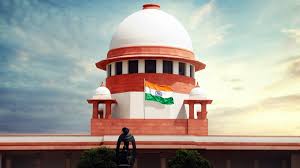


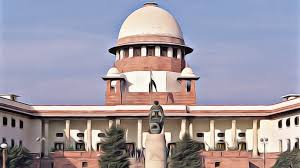

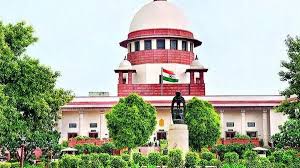









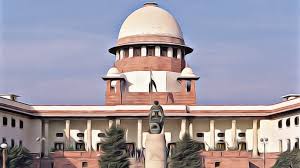




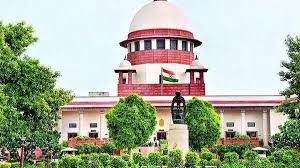



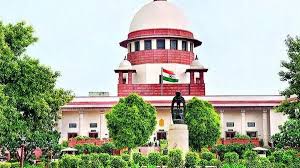
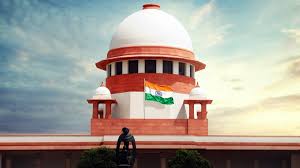



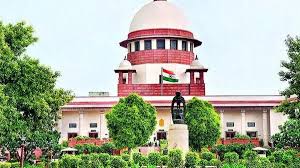


















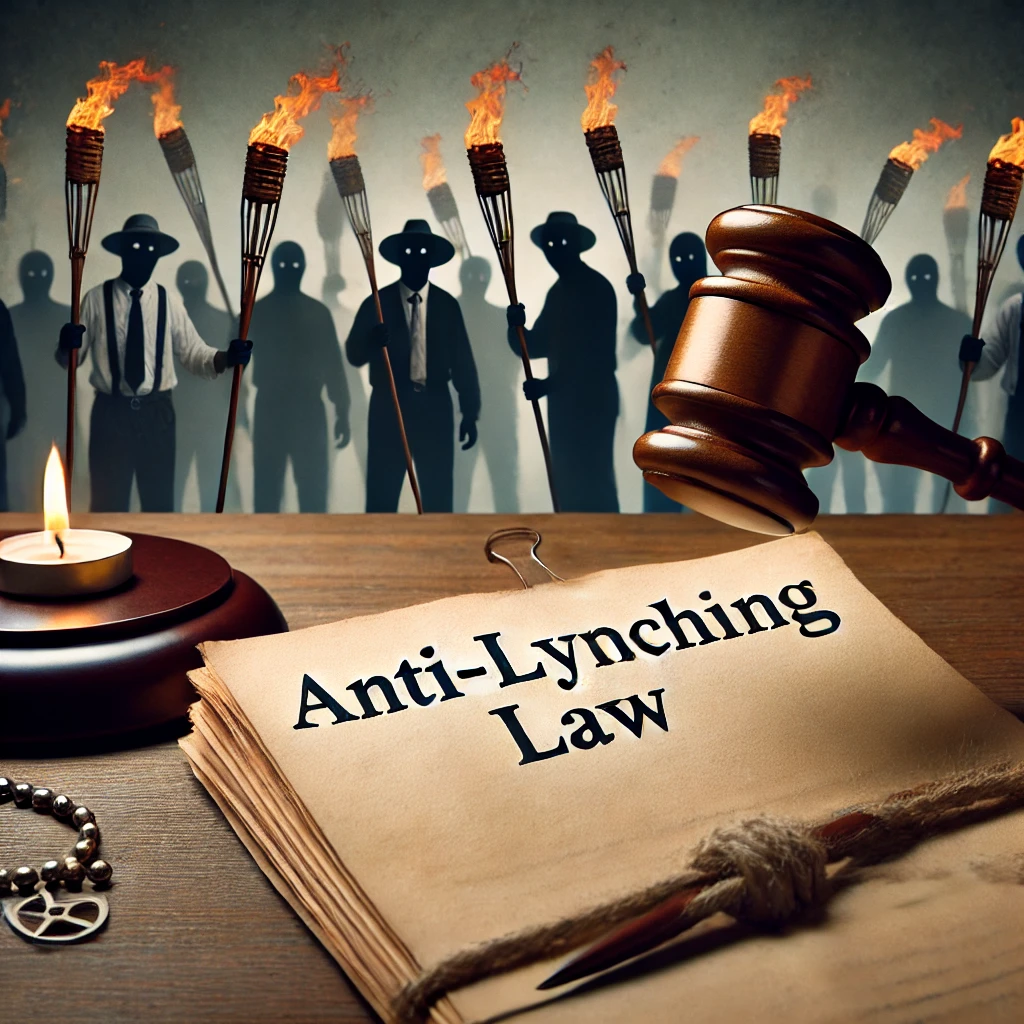
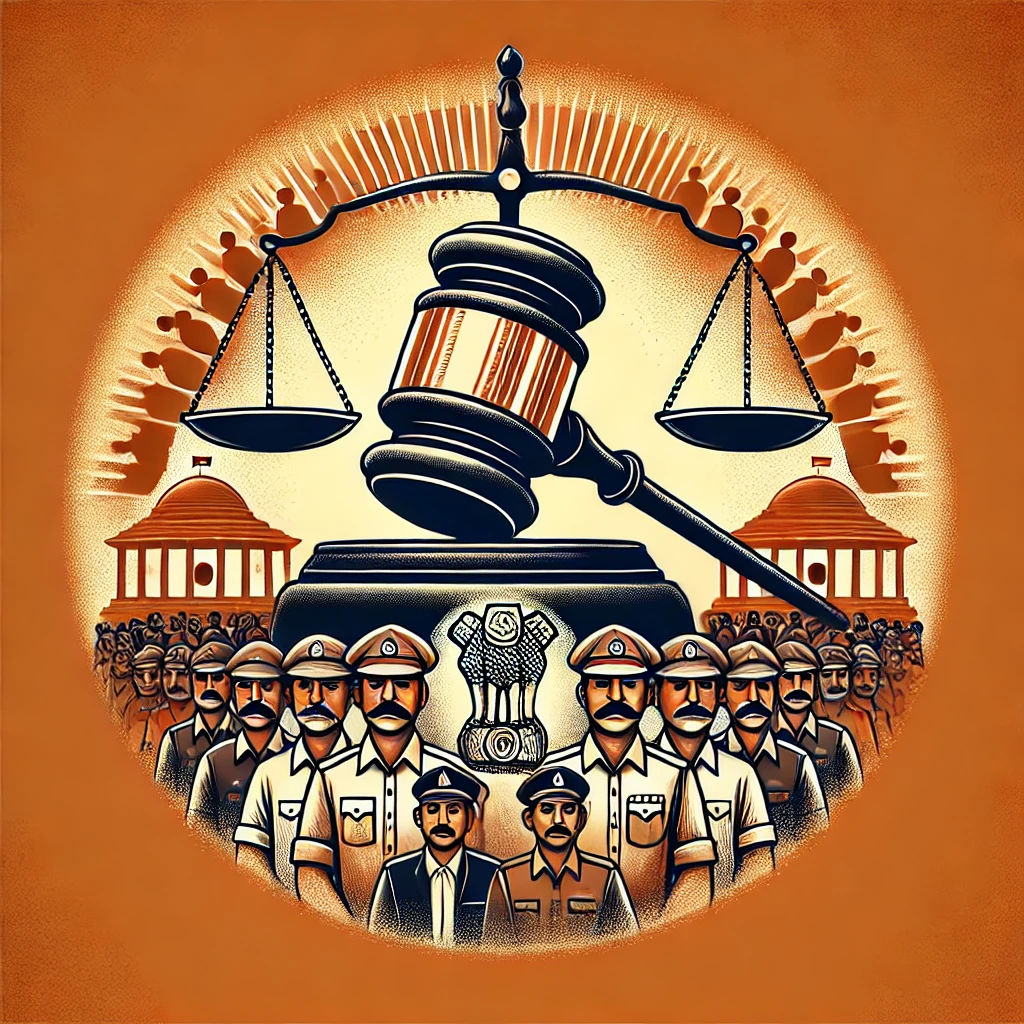

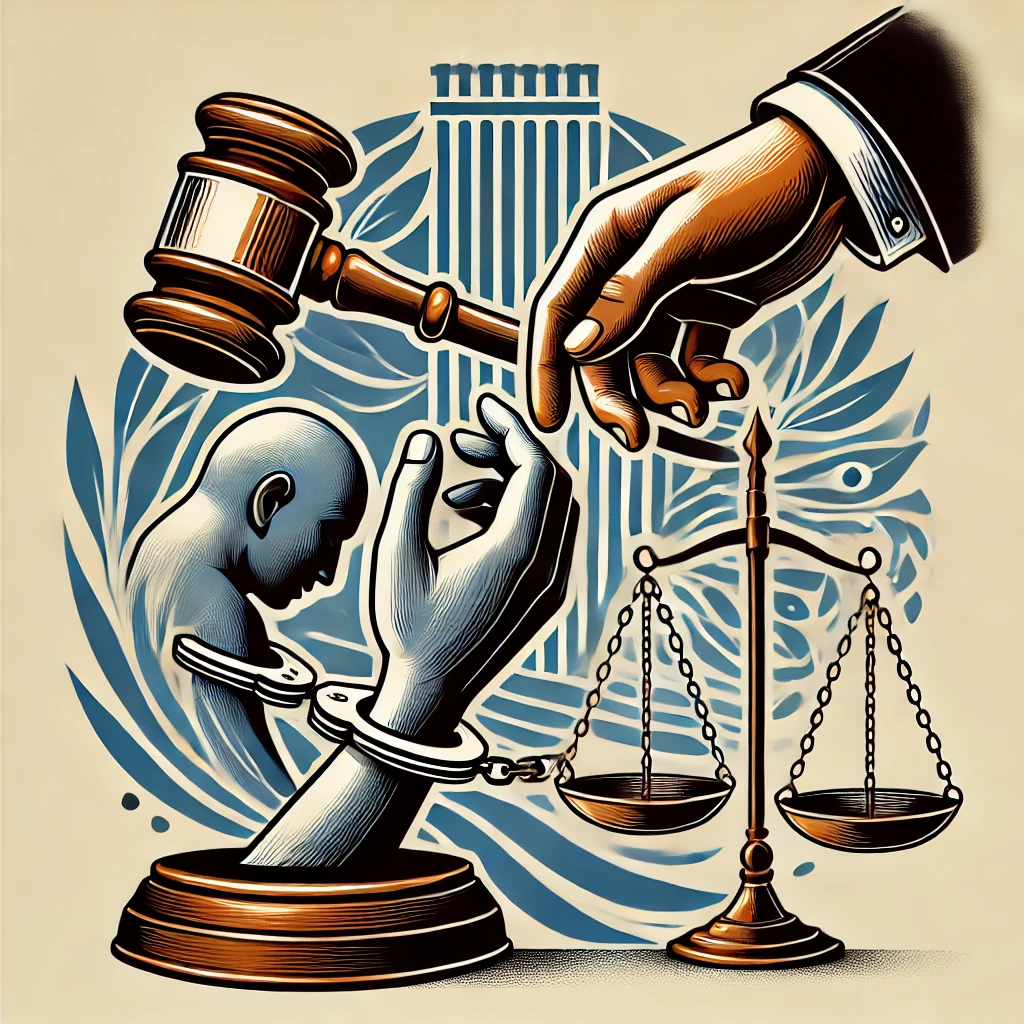











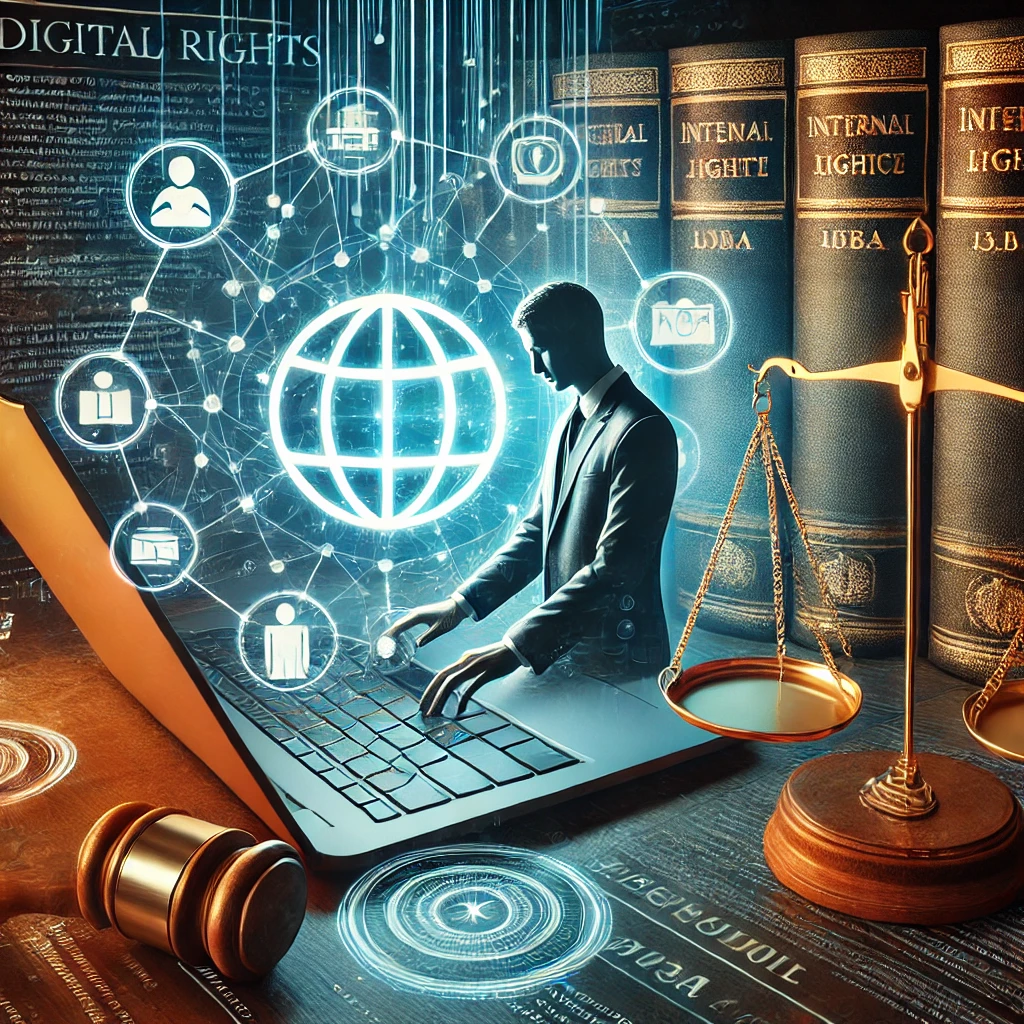




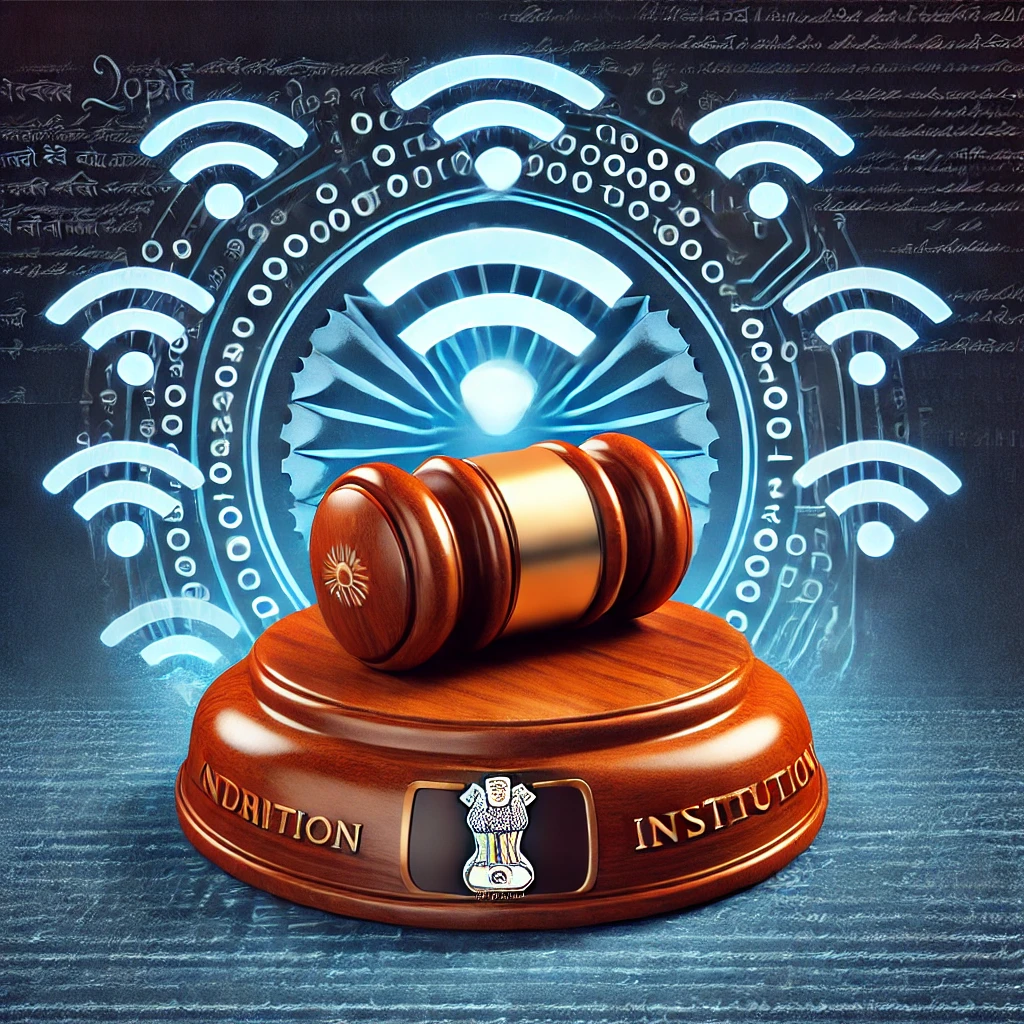


































































































































































































































































































































0 comments